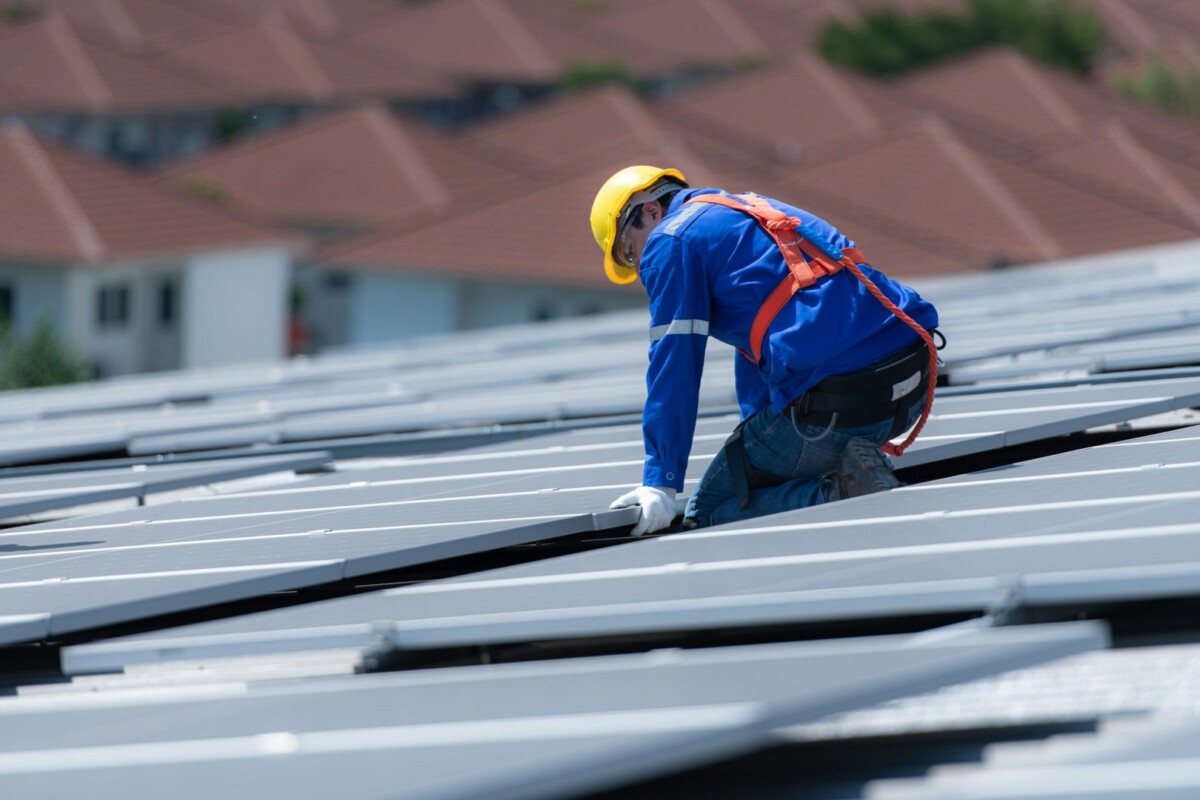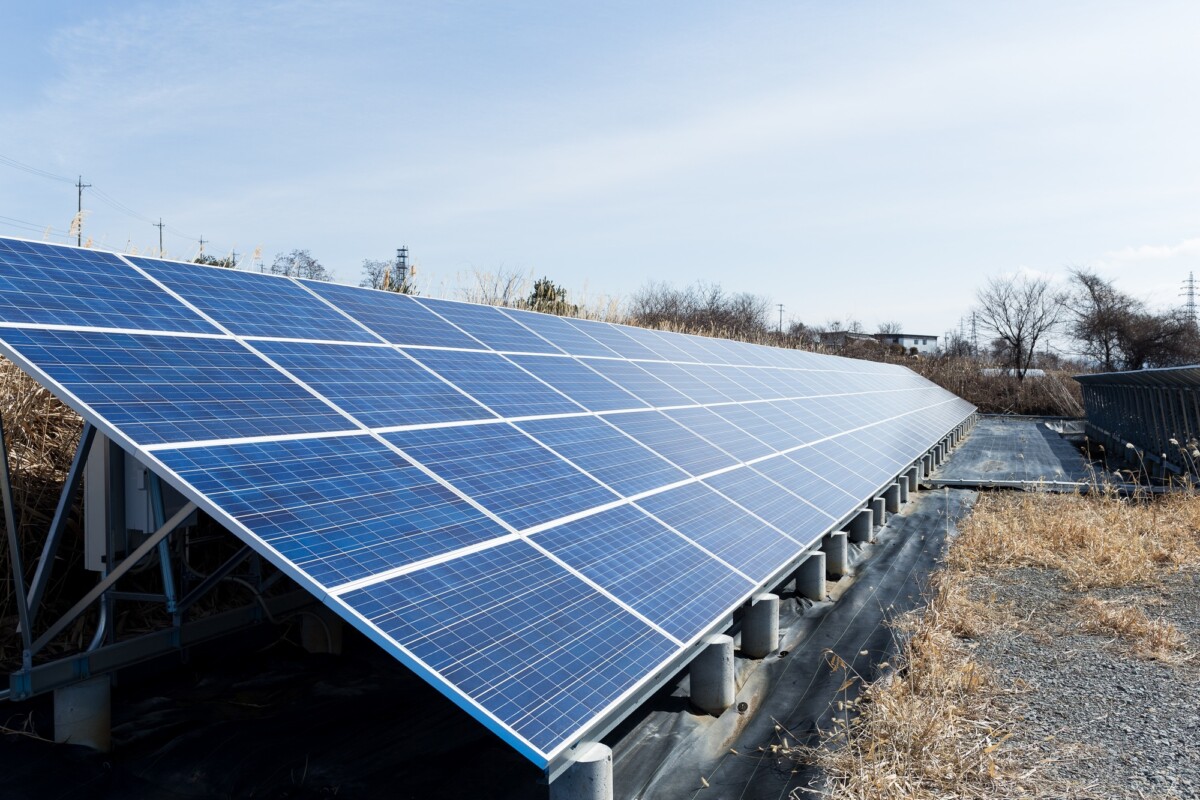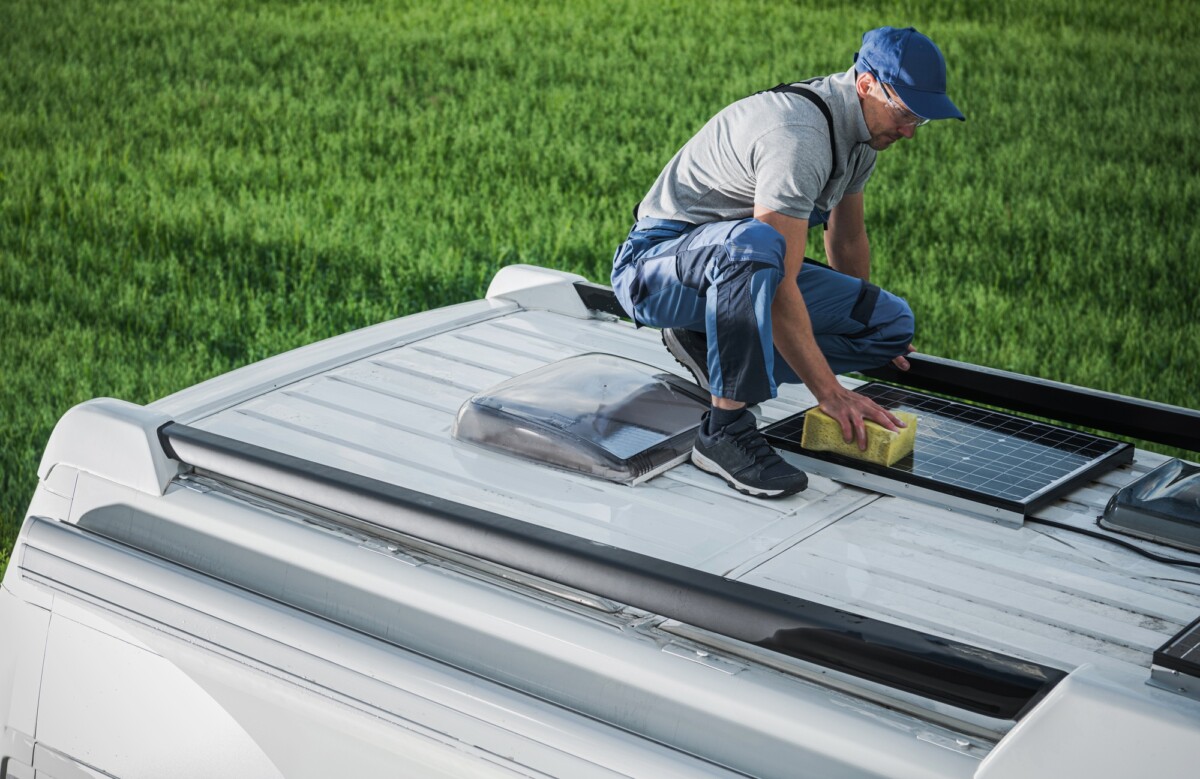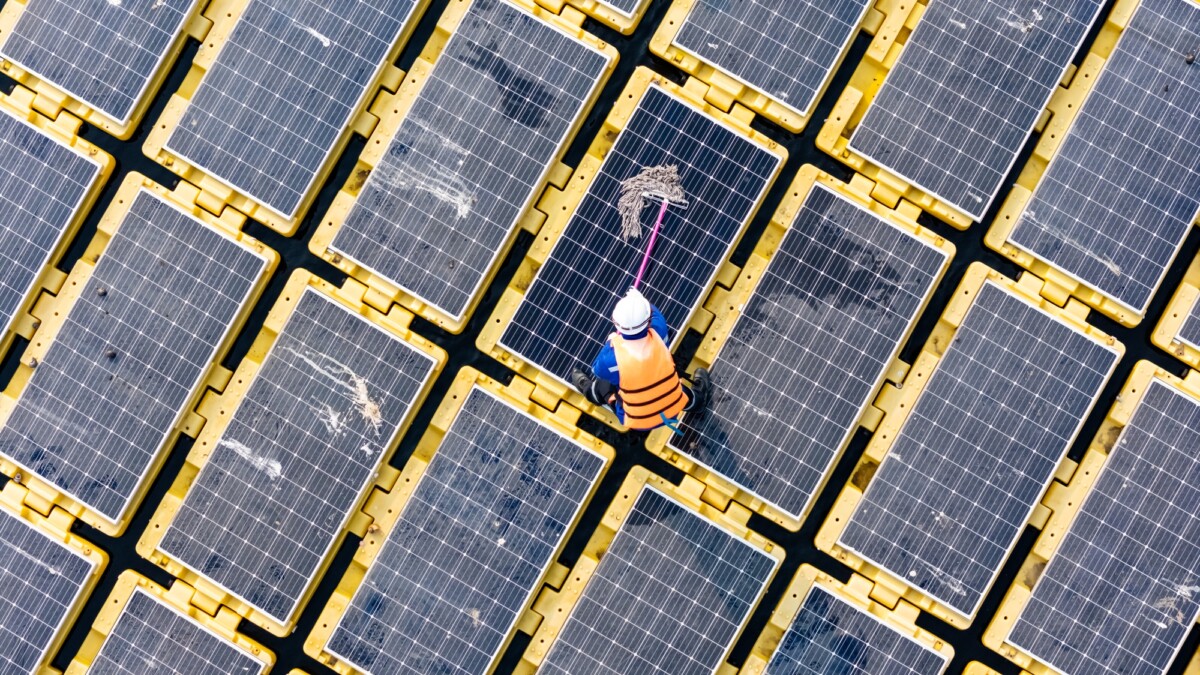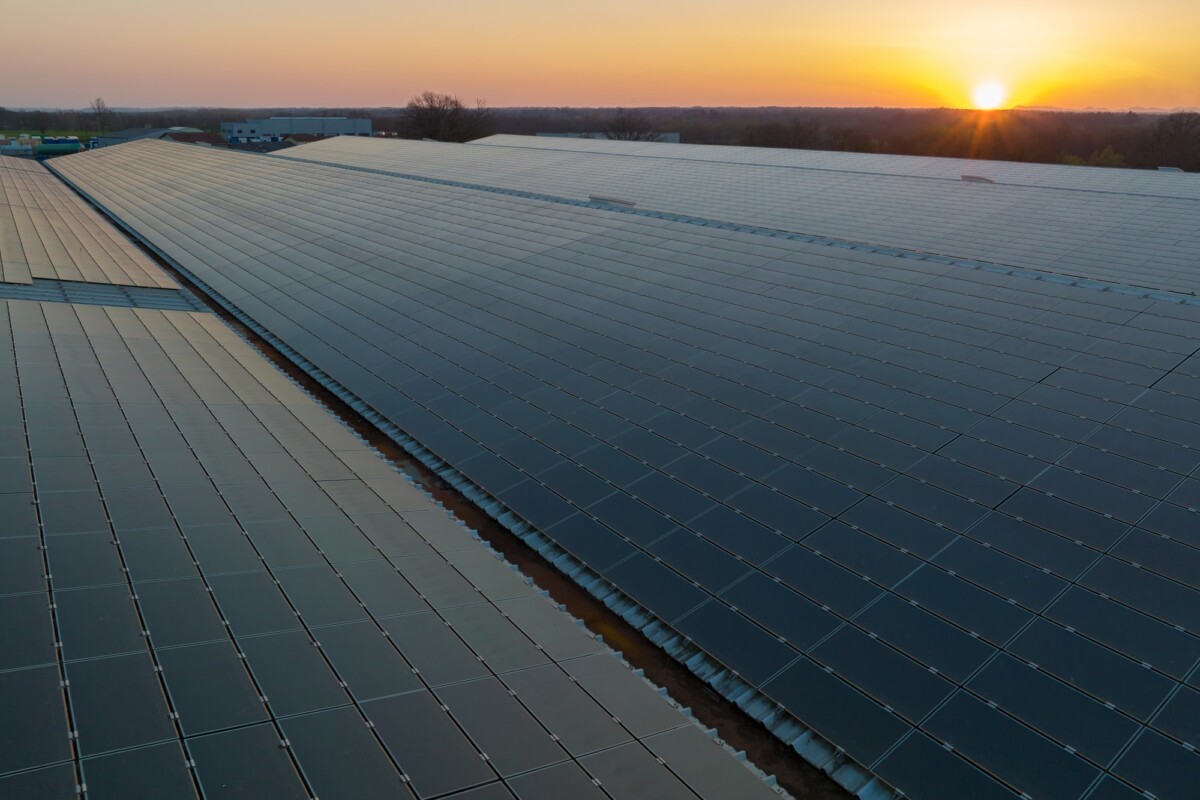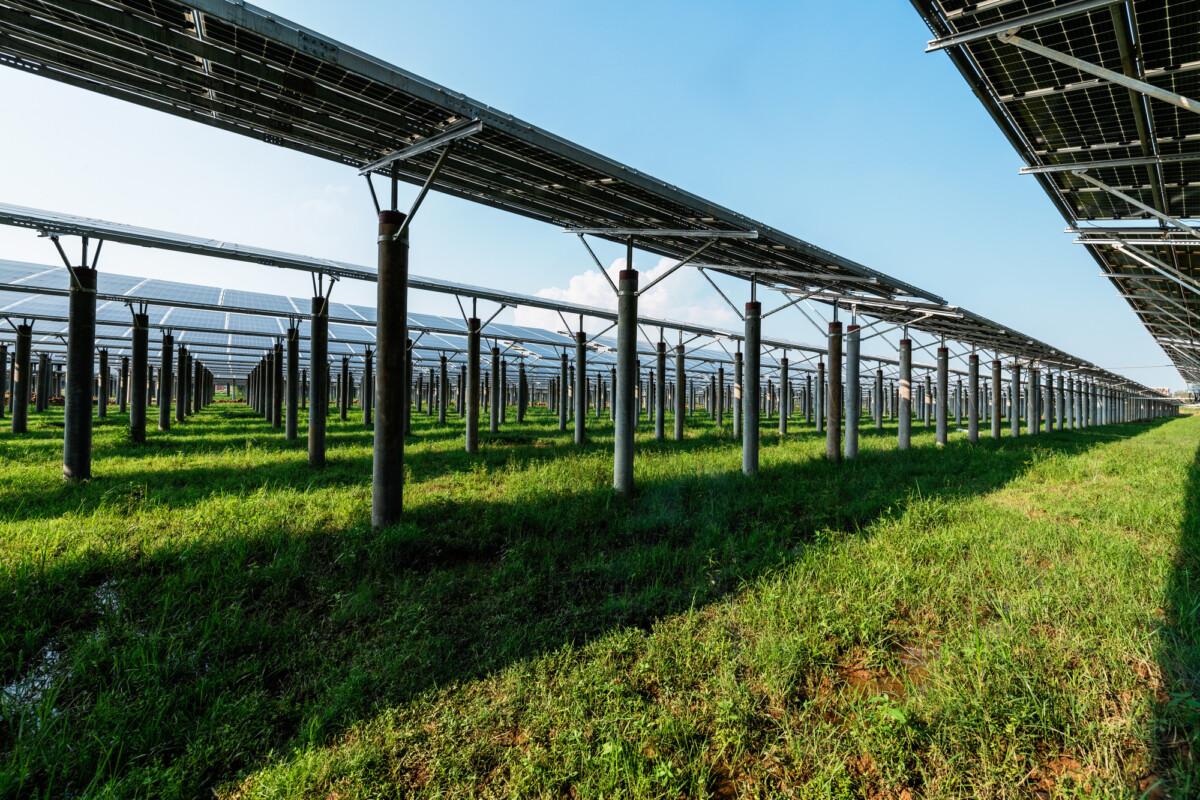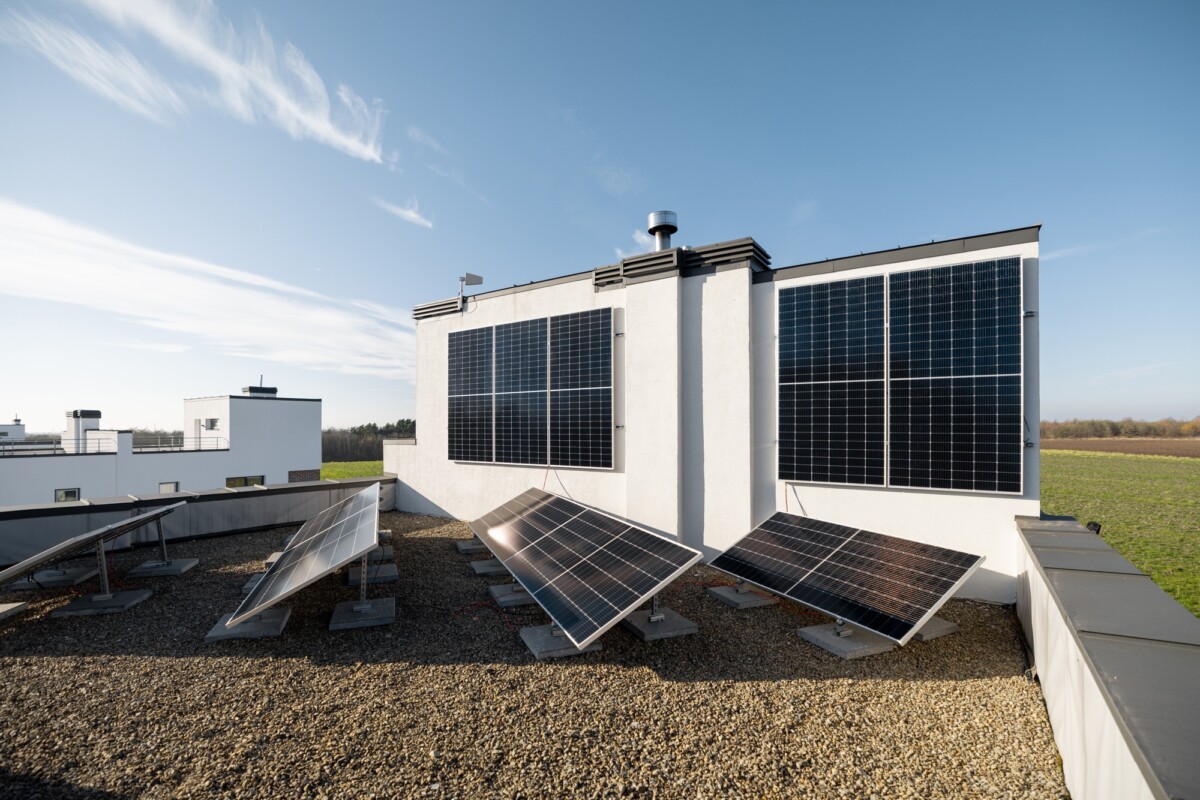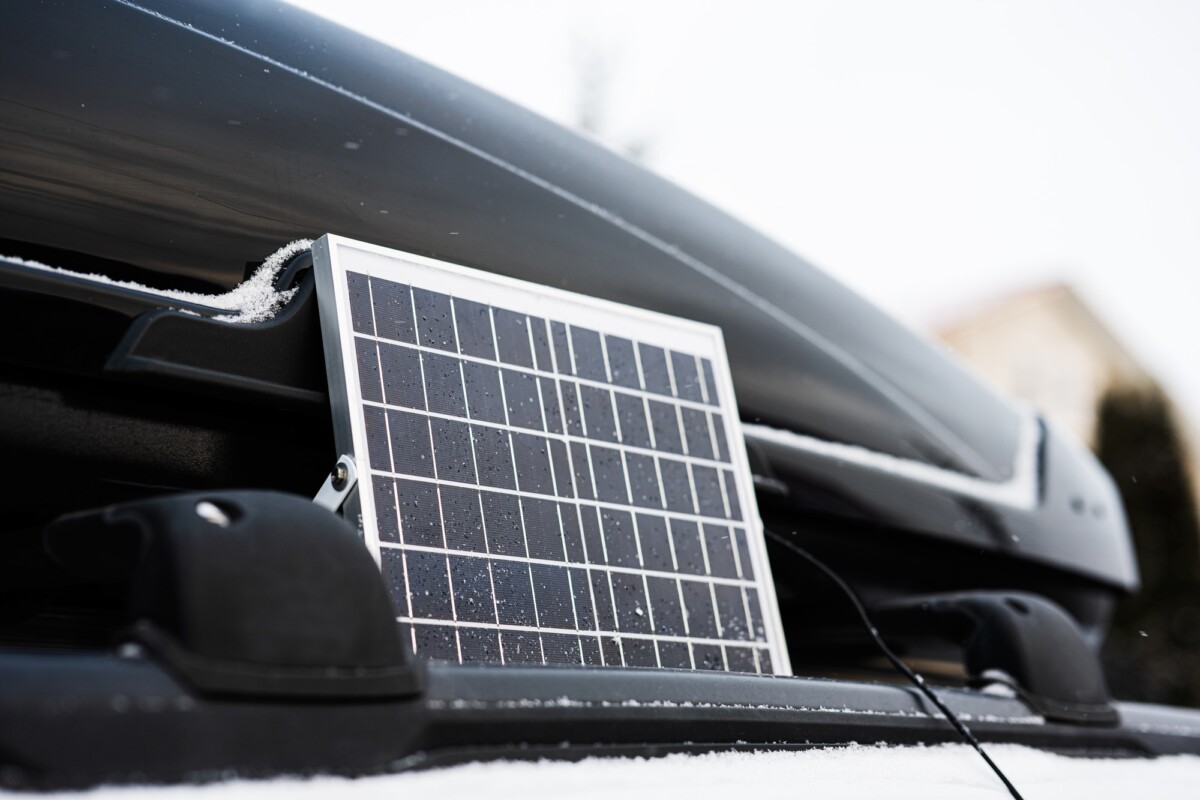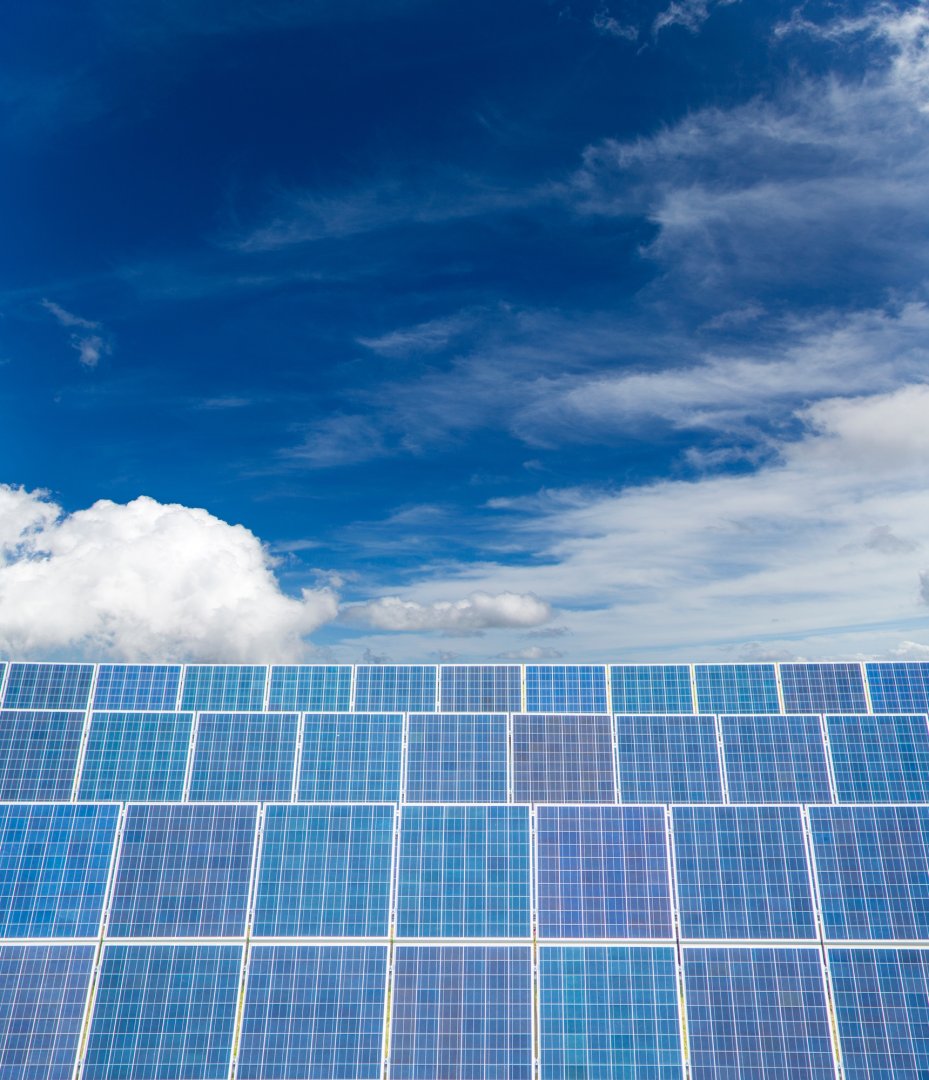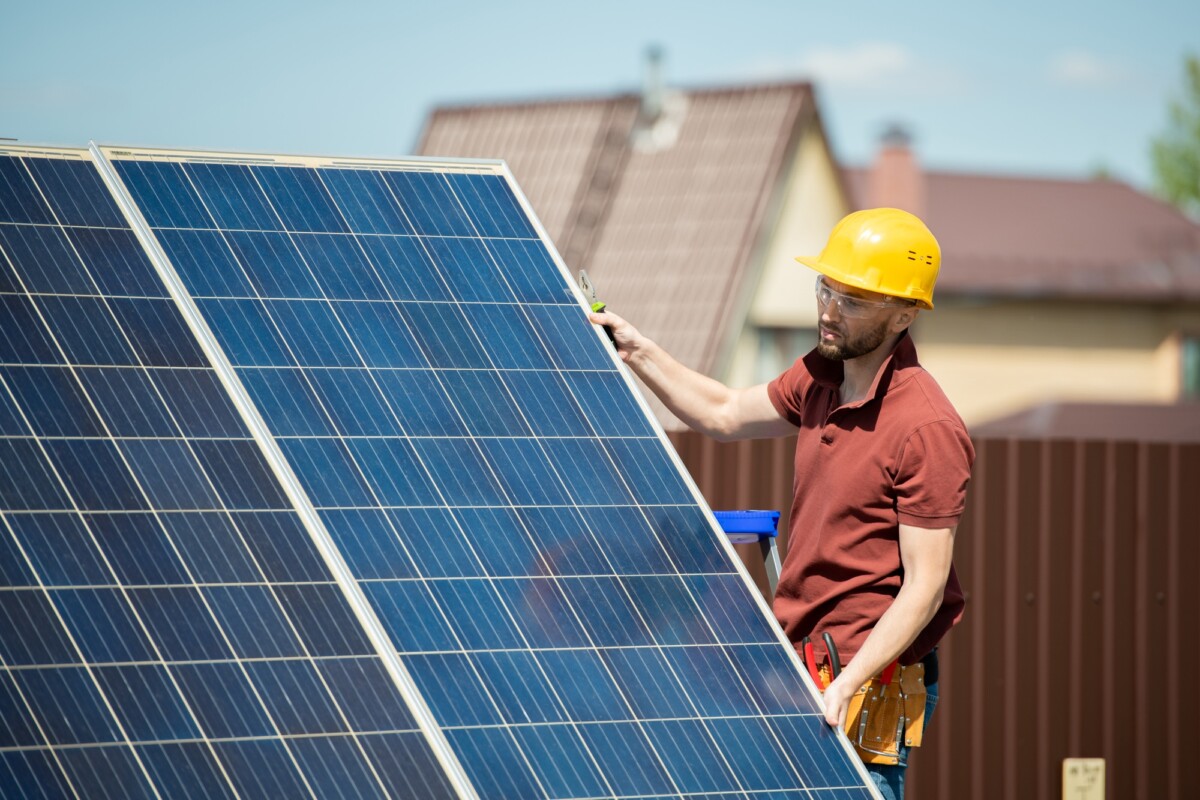Why Install Your Own Solar Panels: Benefits and Considerations
Have you ever wondered how much energy your home consumes daily? Installing your own solar panels allows you to generate electricity and save money simultaneously. This eco-friendly choice not only reduces your electricity bills but also contributes to a healthier planet.
Benefits of Installing Your Own Solar Panels
- Cost Savings: Solar panels can significantly lower your electricity expenses, offering long-term financial benefits.
- Environmental Impact: Utilizing renewable solar energy reduces pollution, promoting a cleaner environment.
- Energy Independence: Gain control over your energy needs by reducing reliance on traditional power sources.
Considerations Before You Start
- Initial Investment: Solar panels require upfront costs, so budgeting is crucial.
- Installation Skills: Some technical skills are needed for installation; consider professional help if necessary.
- Roof Suitability: Ensure your roof receives ample sunlight and can support the panels.
Understanding these benefits and considerations helps you decide if installing your own solar panels is right for you, paving the way for a sustainable and cost-effective future.
Step-by-Step Guide to Install Your Own Solar Panels
Installing your own solar panels is a great way to save on electricity bills and help the environment. It reduces your carbon footprint and gives you control over your energy source. Start by gathering essential materials like solar panels, a mounting system, an inverter, and wiring, along with safety gear such as gloves and goggles.
Choose a sunny spot on your roof or yard, avoiding shaded areas, to maximize energy production. Next, install the mounting system securely to ensure your panels stay in place, even in adverse weather. Connect the panels to the inverter, which converts solar energy into usable electricity. Ensure all connections are tight to prevent electrical issues.
Finally, test your system by turning on the inverter and checking if your panels generate electricity. If successful, your energy meter should start moving, indicating that you’ve successfully installed your own solar panels. This project not only empowers you with sustainable energy but also offers a rewarding DIY experience.
Essential Tools and Materials Needed to Install Your Own Solar Panels
Installing your own solar panels can be an exciting project that not only saves you money but also helps the environment. By generating your own electricity, you reduce your carbon footprint and gain energy independence. But before you start, it’s crucial to know what tools and materials you’ll need.
Tools You’ll Need
- Drill and Drill Bits: Essential for mounting the panels securely.
- Wrench Set: Helps in tightening bolts and nuts.
- Wire Strippers: Necessary for connecting wires safely.
- Multimeter: Used to check electrical connections.
Materials Required
- Solar Panels: The heart of your system.
- Mounting Hardware: Keeps your panels in place.
- Inverter: Converts solar energy into usable electricity.
- Batteries: Store energy for later use.
With these tools and materials, you’re well on your way to successfully install your own solar panels. Remember, preparation is key, and having the right equipment makes the process smoother and more enjoyable. Happy solar paneling!
How to Choose the Right Solar Panels for Your Home
Selecting the right solar panels is crucial when you decide to install your own solar panels. This choice not only impacts your savings but also benefits the environment. Begin by assessing your energy needs; check your electricity bills to understand your usage. Consider panel efficiency, as higher efficiency panels generate more energy but may have a higher initial cost.
Explore different types of solar panels: Monocrystalline panels are efficient and durable, ideal for smaller roofs. Polycrystalline panels offer a balance between efficiency and affordability. Thin-Film panels are lightweight and flexible, suitable for unique spaces.
When budgeting, weigh the upfront costs against potential savings on your electricity bill. If you opt for DIY installation, ensure you have the necessary tools and adhere to safety guidelines. By considering these factors, you can select the perfect solar panels for your home, ensuring a seamless and beneficial solar experience.
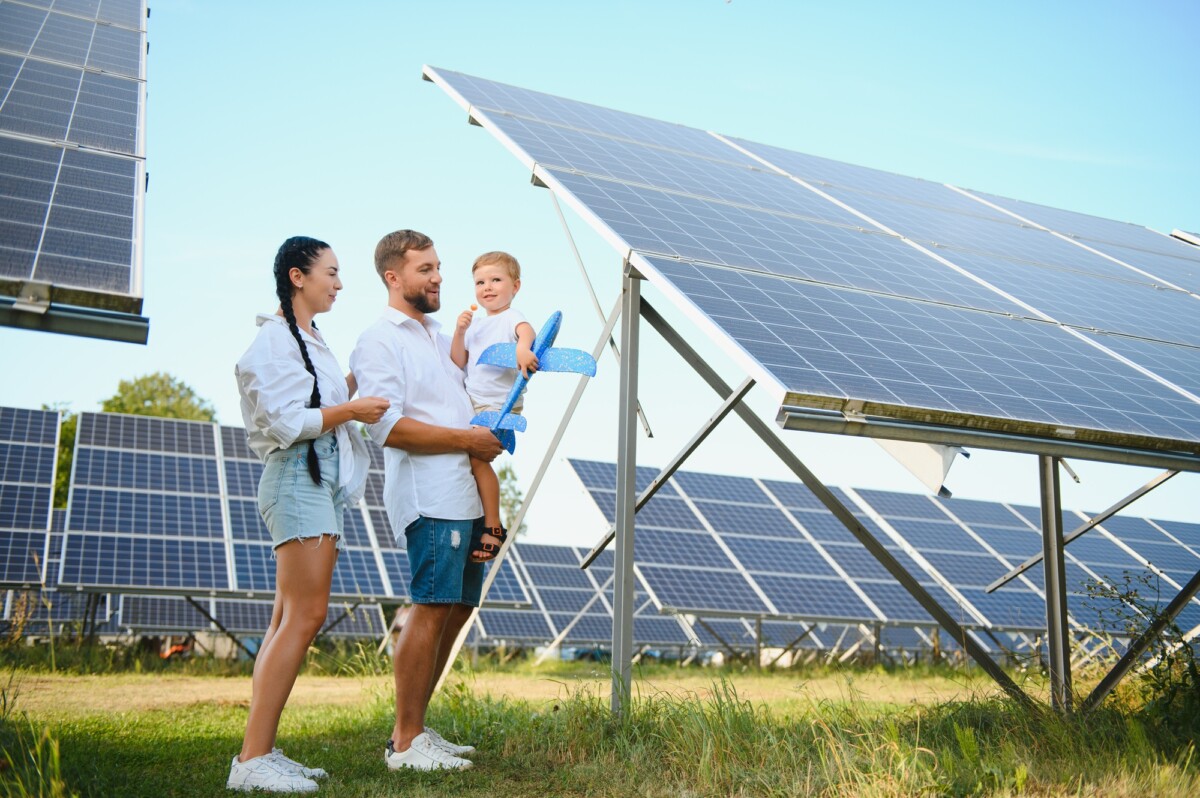
Ready to make the switch? Discover how solar power can lower your bills and boost your home’s efficiency. Get a Free Solar Estimate at FREE SOLAR POWER QUOTES
Understanding Solar Panel Placement: Maximize Efficiency and Output
Installing your own solar panels can be a rewarding project, offering both environmental benefits and cost savings. But to truly harness the power of the sun, understanding where to place your panels is crucial. Proper placement ensures you maximize efficiency and output, making your investment worthwhile.
Why Placement Matters
- Sunlight Exposure: Solar panels need direct sunlight to generate electricity. Placing them in a shaded area will reduce their efficiency.
- Angle and Direction: Panels should ideally face south in the northern hemisphere to capture the most sunlight.
Key Factors to Consider
- Roof Condition: Ensure your roof is in good shape to support the panels.
- Local Climate: Consider the typical weather patterns in your area.
- Obstructions: Avoid placing panels near trees or tall buildings that can cast shadows.
By carefully considering these factors, you can ensure that when you install your own solar panels, they perform at their best, providing clean energy for years to come.
Common Mistakes to Avoid When You Install Your Own Solar Panels
Installing your own solar panels is a rewarding endeavor, offering environmental benefits and cost savings. However, avoiding common mistakes is crucial for an efficient and safe setup. Skipping the Research is a frequent error; many rush into installation without understanding energy needs or local solar potential. Researching panel types, regulations, and incentives helps make informed decisions. Ignoring Roof Condition can lead to issues if necessary repairs are overlooked. Ensure your roof is sturdy enough to support the panels to avoid future problems. Incorrect Panel Placement affects solar efficiency; avoid shaded areas and ensure panels face south at an angle matching your latitude for optimal energy production. Lastly, Overlooking Safety Measures can result in accidents. Always use safety gear, check electrical connections, and consult professionals if needed. Prioritizing safety ensures a successful installation.
Cost Analysis: Is It Cheaper to Install Your Own Solar Panels?
Many homeowners are exploring the option to install their own solar panels to save on energy bills and benefit the environment. While the initial costs can be high due to materials, tools, and permits, the potential savings on labor costs are significant. By doing it yourself, you avoid the expense of hiring professionals, though it requires time and effort.
However, there are risks involved, such as installation errors and safety concerns, especially when working on roofs. Despite these challenges, the long-term savings can be substantial. Solar panels can drastically cut electricity bills, and many regions offer tax incentives to offset costs.
In summary, although the upfront investment is considerable, the potential savings on labor and energy bills make installing your own solar panels a viable option. It’s essential to carefully consider the risks and benefits before deciding.
Safety Tips and Precautions for DIY Solar Panel Installation
Thinking about how to install your own solar panels? It’s a great way to save money and help the planet. However, safety is crucial. Here are some essential tips to ensure a safe installation.
1. Wear the Right Gear: Protect yourself by wearing a hard hat, gloves, sturdy shoes, and safety goggles. This gear helps prevent injuries from falls or debris.
2. Use Proper Tools: Equip yourself with a reliable ladder, drill, and voltage tester. These tools are vital for a safe and efficient installation process.
3. Check the Weather: Always check the weather before starting. Avoid rainy or windy days to reduce the risk of accidents. Opt for sunny days for a safer installation experience.
4. Turn Off Power: Ensure your home’s electricity is off before beginning. This step is essential to prevent electric shocks during the installation process.
By following these safety tips, you can safely enjoy the benefits of solar energy. Remember, safety first, and happy solar panel installing!
How FreeSolarPower Can Help You Install Your Own Solar Panels
Thinking about installing your own solar panels? It’s a great way to save money and protect the environment. By producing your own electricity, you can cut down on energy costs and reduce your carbon footprint. With the right guidance, the process is easier than you might expect!
Why Choose DIY Solar Installation?
- Cost Savings: Save money by installing solar panels yourself instead of hiring professionals.
- Learning Experience: Acquire new skills and knowledge about renewable energy.
- Customization: Design a system that fits your specific needs and preferences.
Steps to Install Your Own Solar Panels
- Research and Planning: Determine your energy requirements and select the best solar panel options.
- Gather Materials: Buy solar panels, inverters, and mounting gear.
- Installation: Use step-by-step guides to install your system safely.
- Connect and Monitor: Ensure everything functions properly and monitor your energy output.
FreeSolarPower provides resources and expert advice to ensure your solar installation journey is smooth and successful. Whether you’re a DIY enthusiast or just curious, we’re here to support you every step of the way.
Future-Proofing Your Home: The Long-Term Benefits of Solar Energy
Imagine a home that not only provides shelter but also generates its own power. By choosing to install your own solar panels, you can make this vision a reality. Solar energy is more than a trend; it’s a smart investment for your home’s future.
Why Install Your Own Solar Panels?
- Cost Savings: Solar panels can greatly reduce electricity bills, leading to significant savings over time.
- Energy Independence: Generating your own power reduces reliance on external sources, giving you more control.
Environmental Impact
Solar panels use the sun’s clean, renewable energy, reducing carbon emissions and promoting a healthier planet. By installing them, you support a sustainable future and help combat climate change.
Increased Home Value
Homes with solar panels are appealing to buyers due to long-term savings and environmental benefits, potentially increasing property value. Installing solar panels is a wise investment for your home’s future.
Join the solar movement today! Thousands are already saving—claim your free consultation to get started. Schedule Your Free Consultation at FREE SOLAR POWER QUOTES
Interested in more options? Take a look at SOLAR ENERGY for tailored solar solutions that suit your home!

